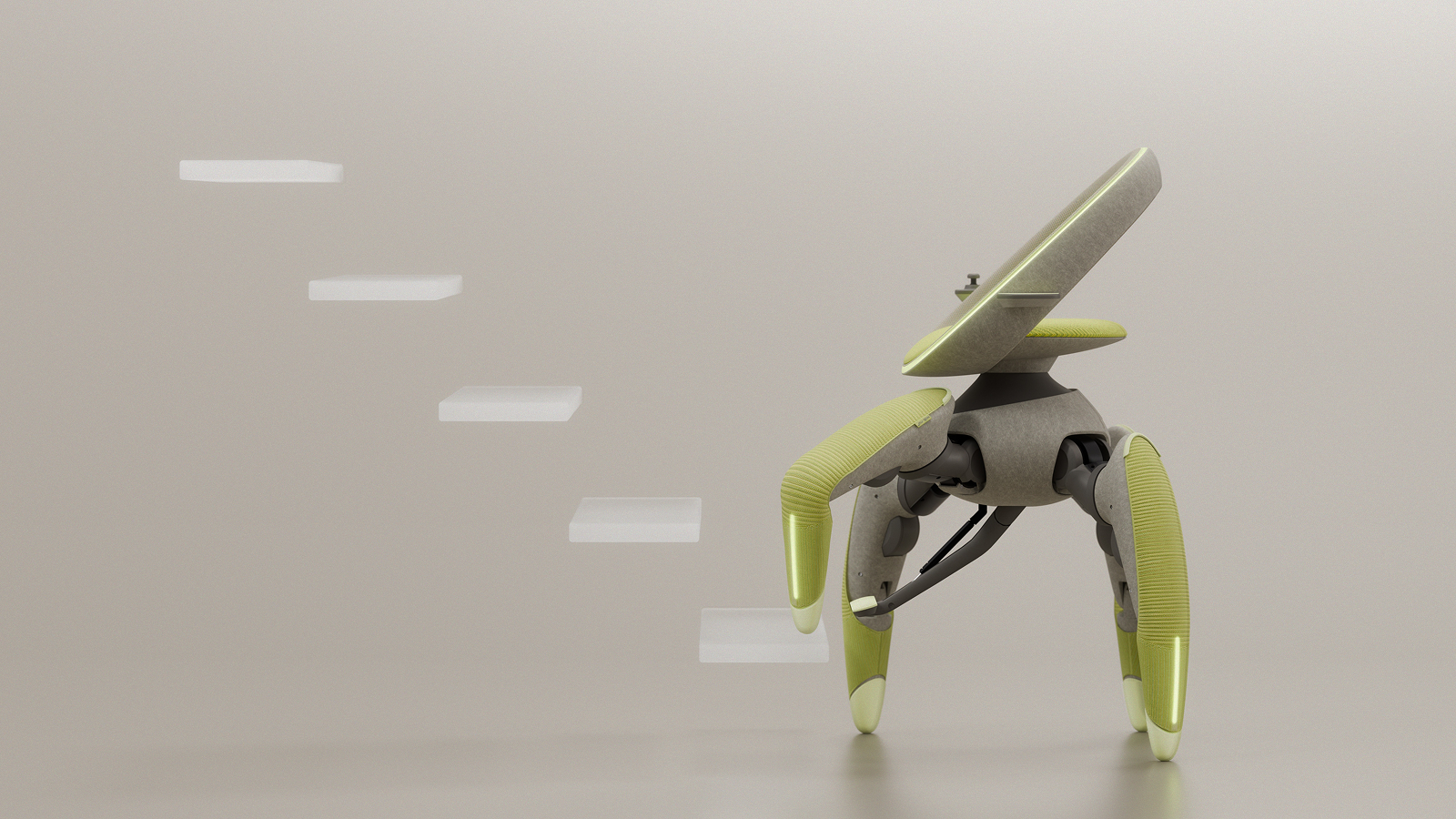Science News: Recent scientific discoveries and expert analysis
Read the latest science news and recent scientific discoveries on Live Science, where we've been reporting on groundbreaking advances for over 20 years. Our expert editors, writers and contributors are ready to guide you through today's most important breakthroughs in science with expert analysis, in-depth explainers and interesting articles, covering everything from space, technology, health, animals, planet Earth, and much more.

Explainers | Everything you need to know about the science news that matters.
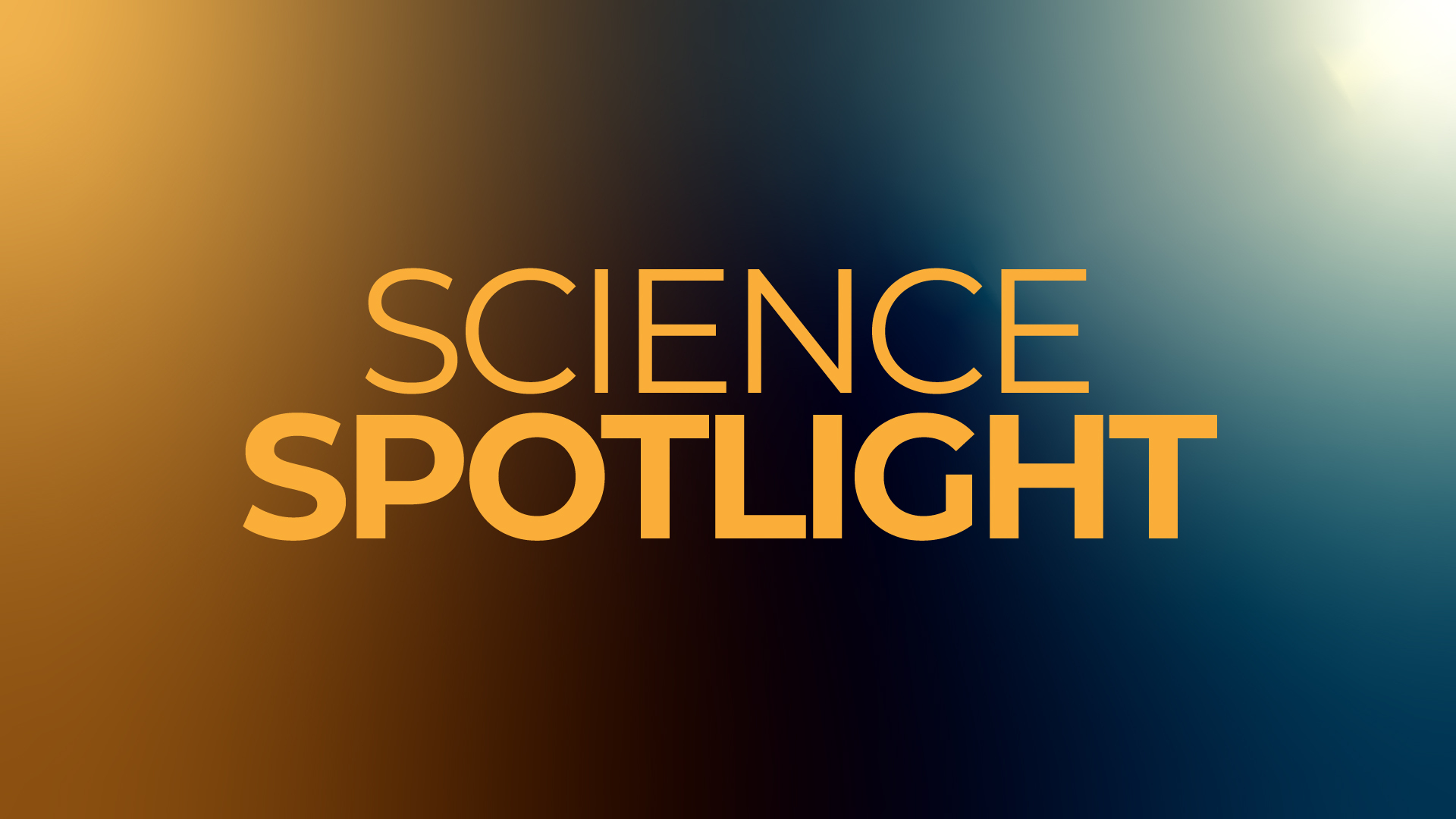
Science Spotlight | Shining a light on new science transforming our world.
Latest news
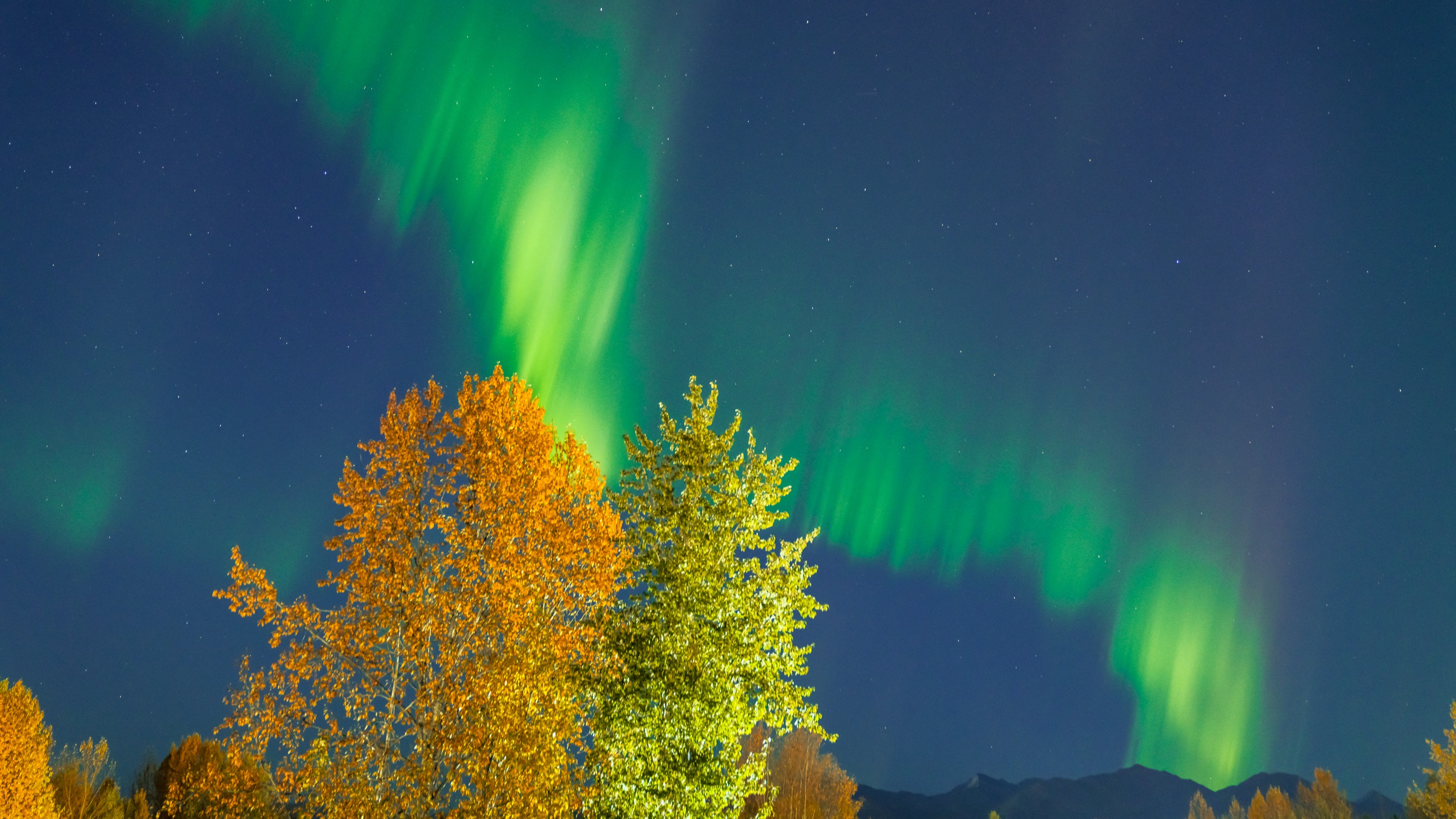
Strongest solar flare of 2025 erupts — and it could bring auroras to half the US on Wednesday
By Brandon Specktor published
The most powerful solar flare of 2025 has launched a ball of energy toward Earth that could trigger widespread auroras across the northern half of the United States.
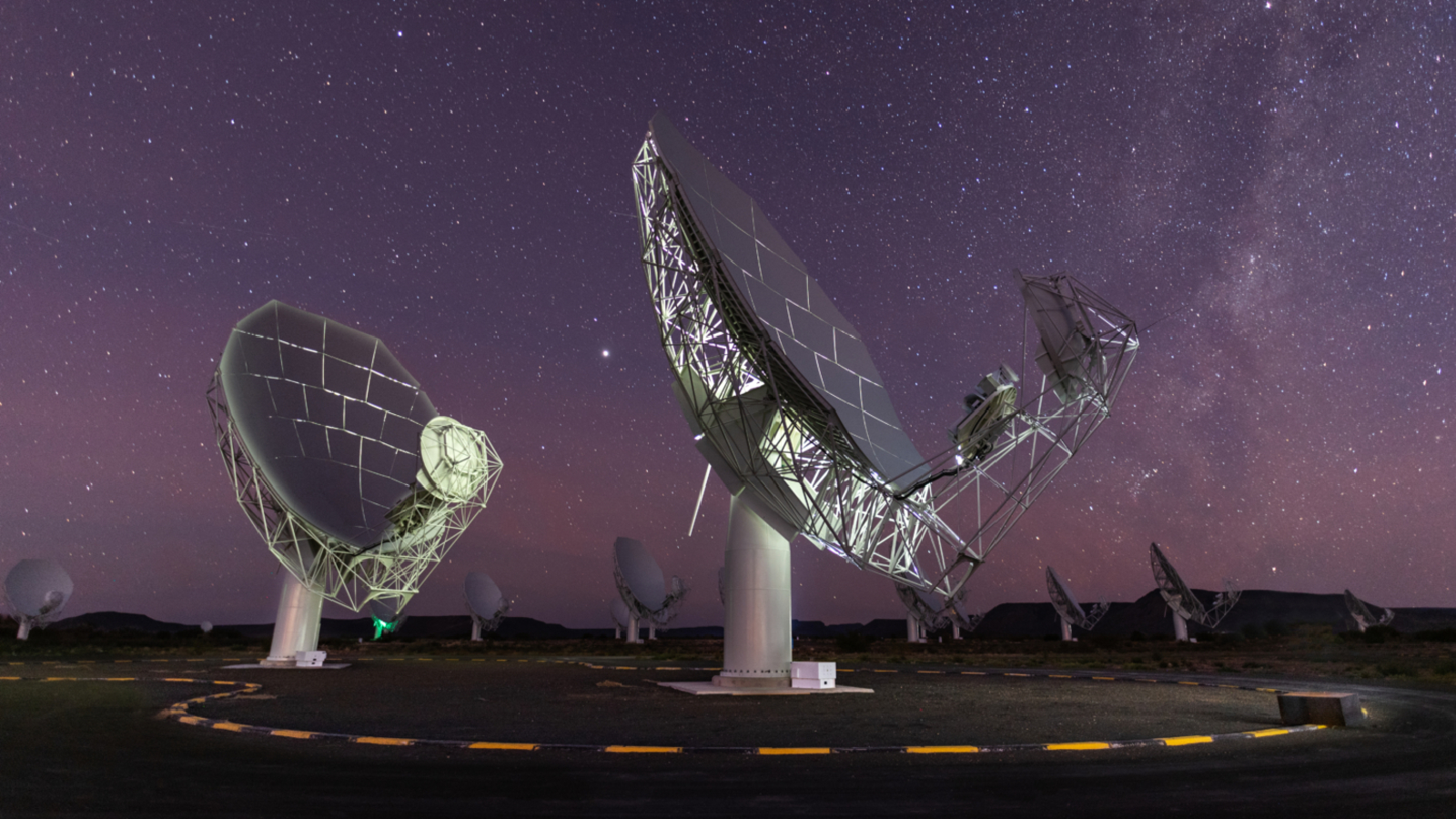
Astronomers detect first 'radio signal' from interstellar comet 3I/ATLAS — but it wasn't aliens
By Harry Baker published
Astronomers at South Africa's MeerKAT radio telescope have detected the first radio waves coming from the interstellar comet 3I/ATLAS. But while this sounds suspiciously like alien activity, it is actually further proof of its completely natural origins.
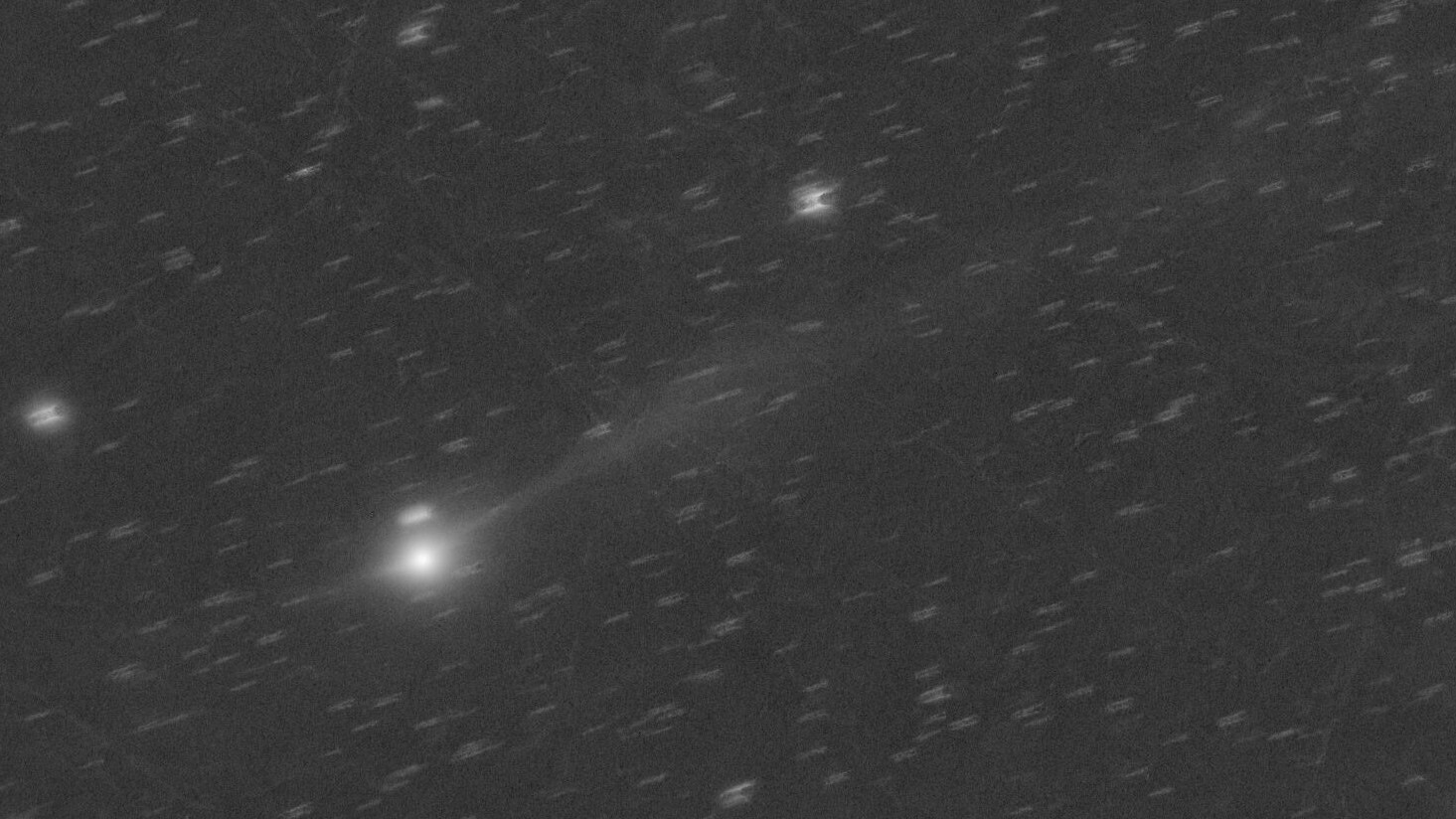
3I/ATLAS updates | RFK Jr. announcement | Chatbot leaks
By Ben Turner, Patrick Pester last updated
Latest science news Tuesday, Nov. 11 2025: Your daily feed of the biggest discoveries and breakthroughs making headlines.

No, comet 3I/ATLAS hasn't exploded — and no, that doesn't mean it's an alien spaceship
By Patrick Pester published
Comet 3I/ATLAS appears to be normal and intact, despite some reports that the interstellar visitor exploded after its brush with the sun.
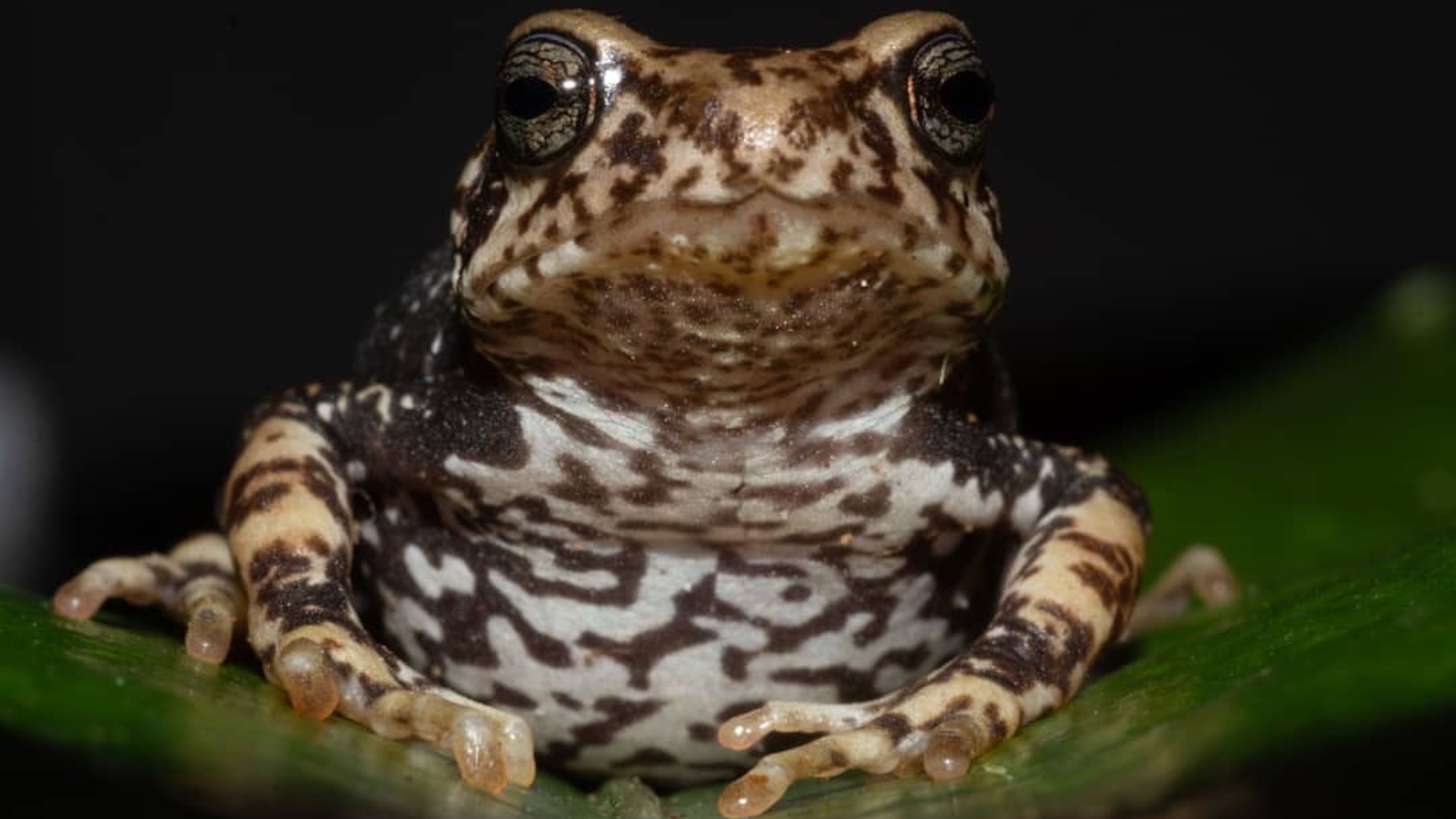
Newly discovered toads skip the tadpole stage and give birth to live 'toadlets'
By Skyler Ware published
Three newly-identified toad species in Tanzania give birth to live young, skipping the frogspawn and tadpole stages — an "exceptionally rare" trait among toads and frogs.

Prehistoric Jomon people in Japan had 'little to no' DNA from the mysterious Denisovans, study finds
By Sophie Berdugo published
The prehistoric Jomon people of Japan had "unexpectedly low" levels of DNA from the Denisovans, our mysterious human relatives.

Scientists create world's first microwave-powered computer chip — it's much faster and consumes less power than conventional CPUs
By Peter Ray Allison published
A new kind of processor that uses microwaves can be used in future AI systems or in wireless communications, a new study shows.
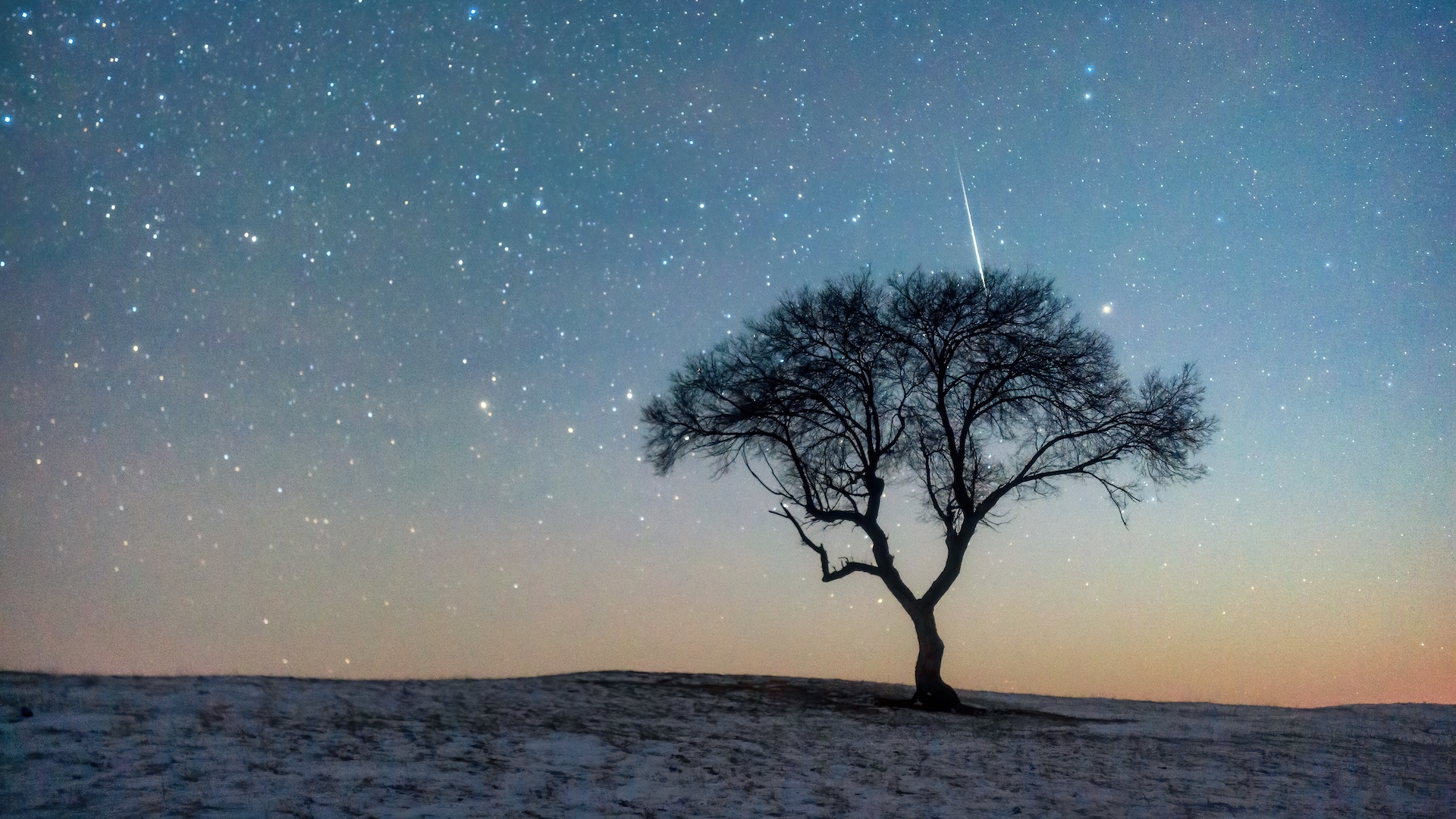
This week's Leonid meteor shower could be one of the best in years. Here's why.
By Jamie Carter published
The Leonids peak overnight Nov. 16-17, offering up to 15 meteors per hour under dark, moonless skies.

For the first time, physicists peer inside the nucleus of a molecule using electrons as a probe
By Larissa G. Capella published
A novel experiment has revealed a phenomenon called the Bohr–Weisskopf effect in a pear-shaped nucleus in a molecule for the first time.
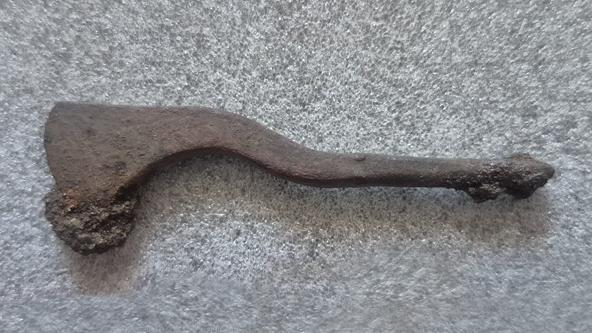
2,300-year-old tool used for skull surgery unearthed at Celtic settlement in Poland
By Kristina Killgrove published
The uniquely shaped iron surgery implement dates to the fourth to third centuries B.C.

Canada has lost its 'measles elimination status' — here's what that means
By Nicoletta Lanese published
A large, ongoing outbreak that began in Canada in 2024 has cost the country its measles elimination status.
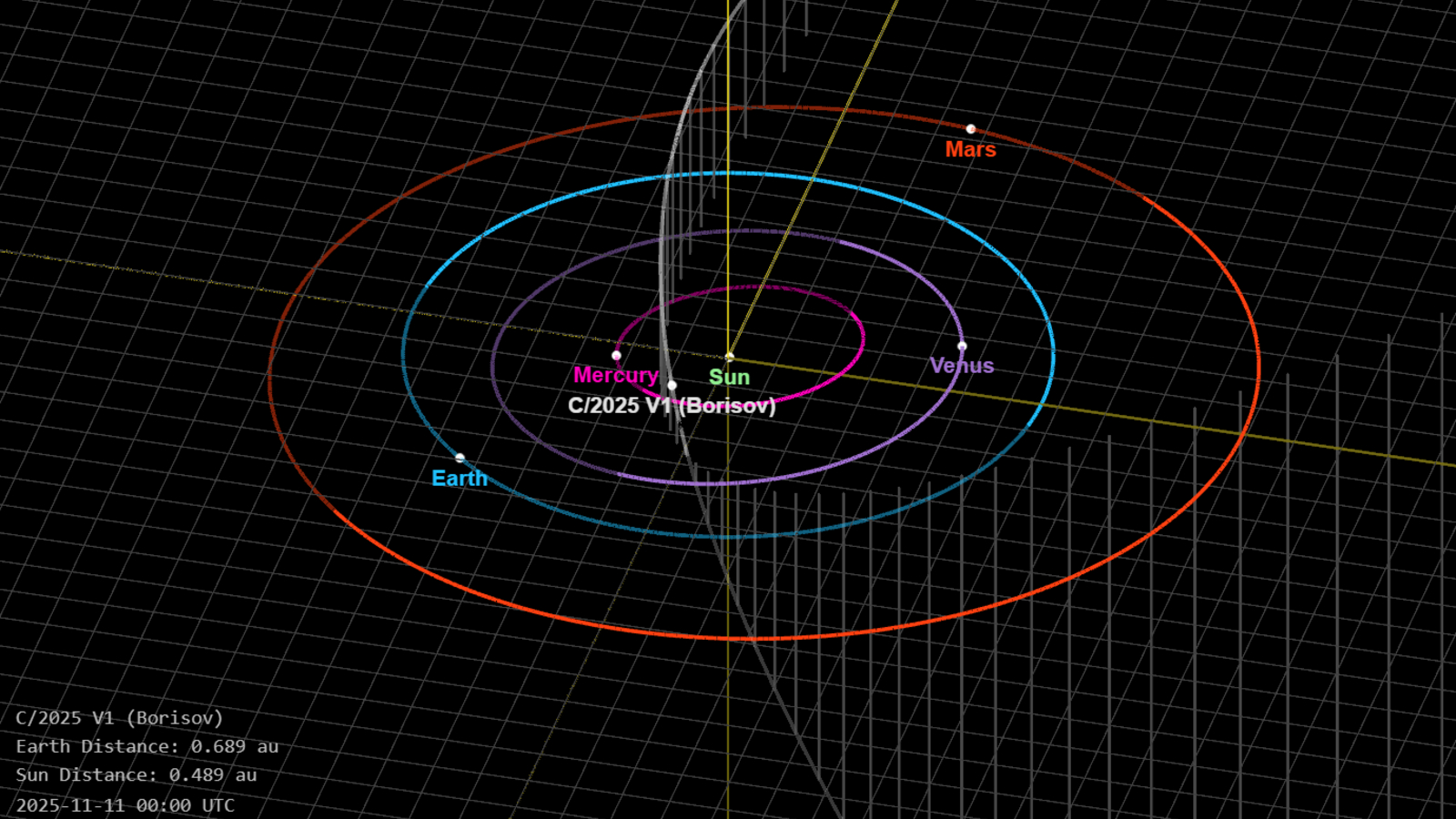
New 'nearly interstellar' comet — wrongly linked to 3I/ATLAS — will reach its closest point to Earth on Tuesday (Nov. 11)
By Harry Baker published
Newly discovered comet C/2025 V1 (Borisov), which has some minor similarities to 3I/ATLAS, will make its closest approach to Earth on Tuesday (Nov. 11). However, despite recent rumors, the two objects are not related to one another.

Breakup of ancient supercontinent Nuna created 'incubators' for complex life, study finds
By Sascha Pare published
Ancient supercontinent Nuna's breakup around 1.5 billion years ago set off a chain of events that made Earth more habitable, new research suggests.
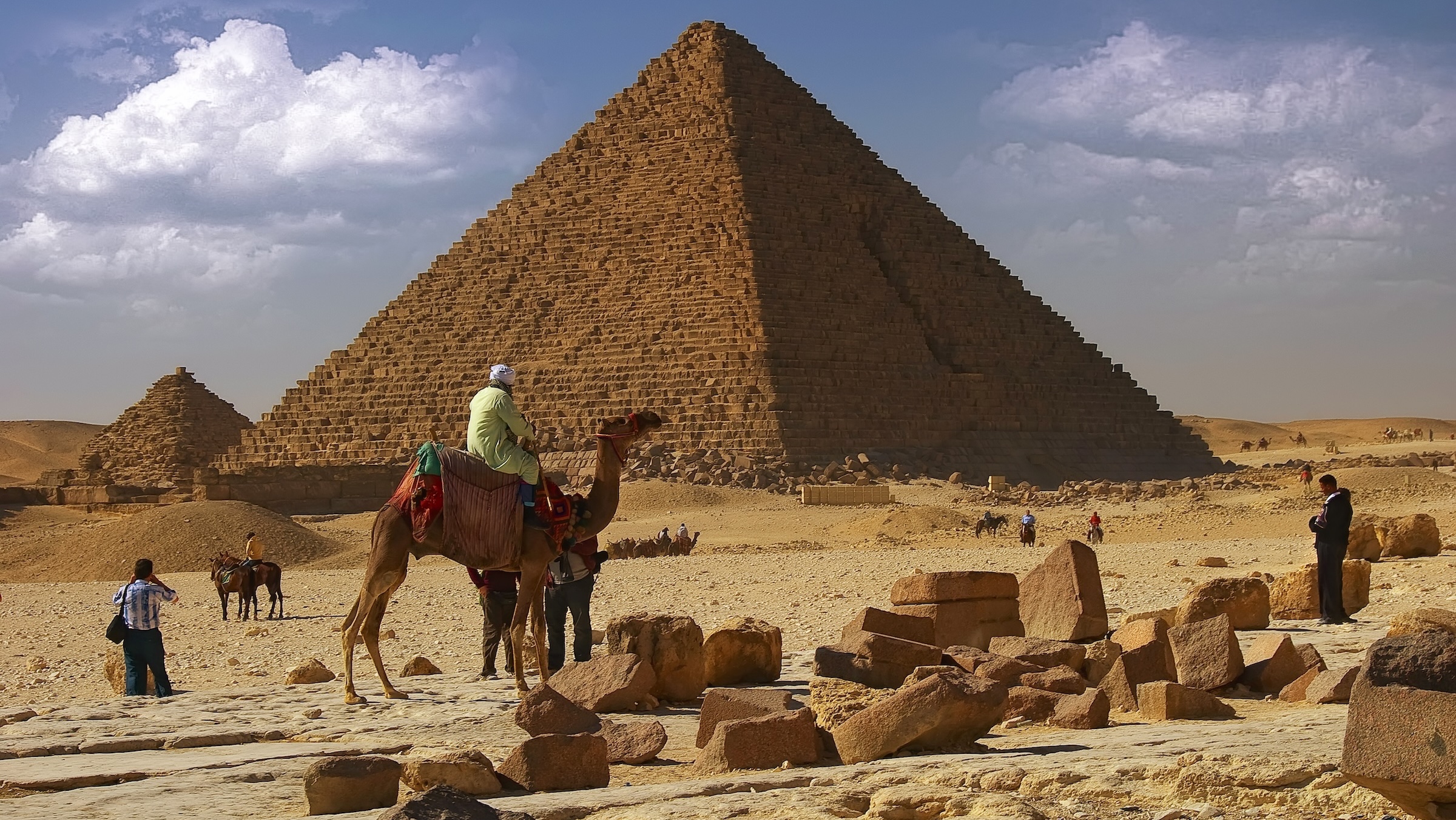
Anomalies in Giza pyramid may indicate an unknown entrance
By Owen Jarus published
Two voids found on the eastern face of Menkaure's pyramid may indicate the presence of a second entrance.
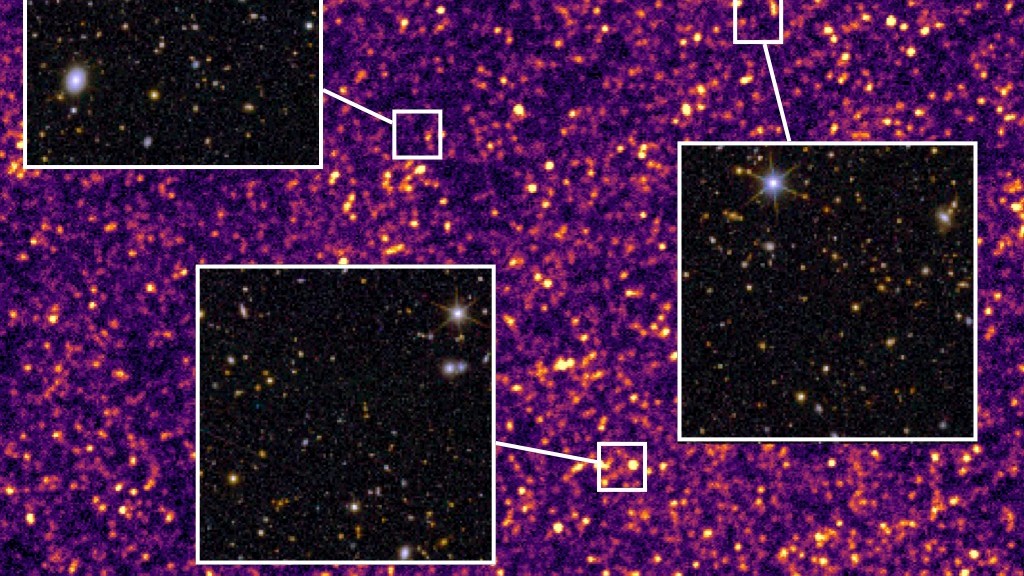
'Colder and deader from now on': Euclid telescope confirms the universe has already peaked in star formation
By Brandon Specktor published
Astronomers using data from ESA's Euclid and Herschel space telescopes have confirmed that star formation has already peaked in the cosmos, and that the universe is bound to get steadily 'colder and deader' from here on.
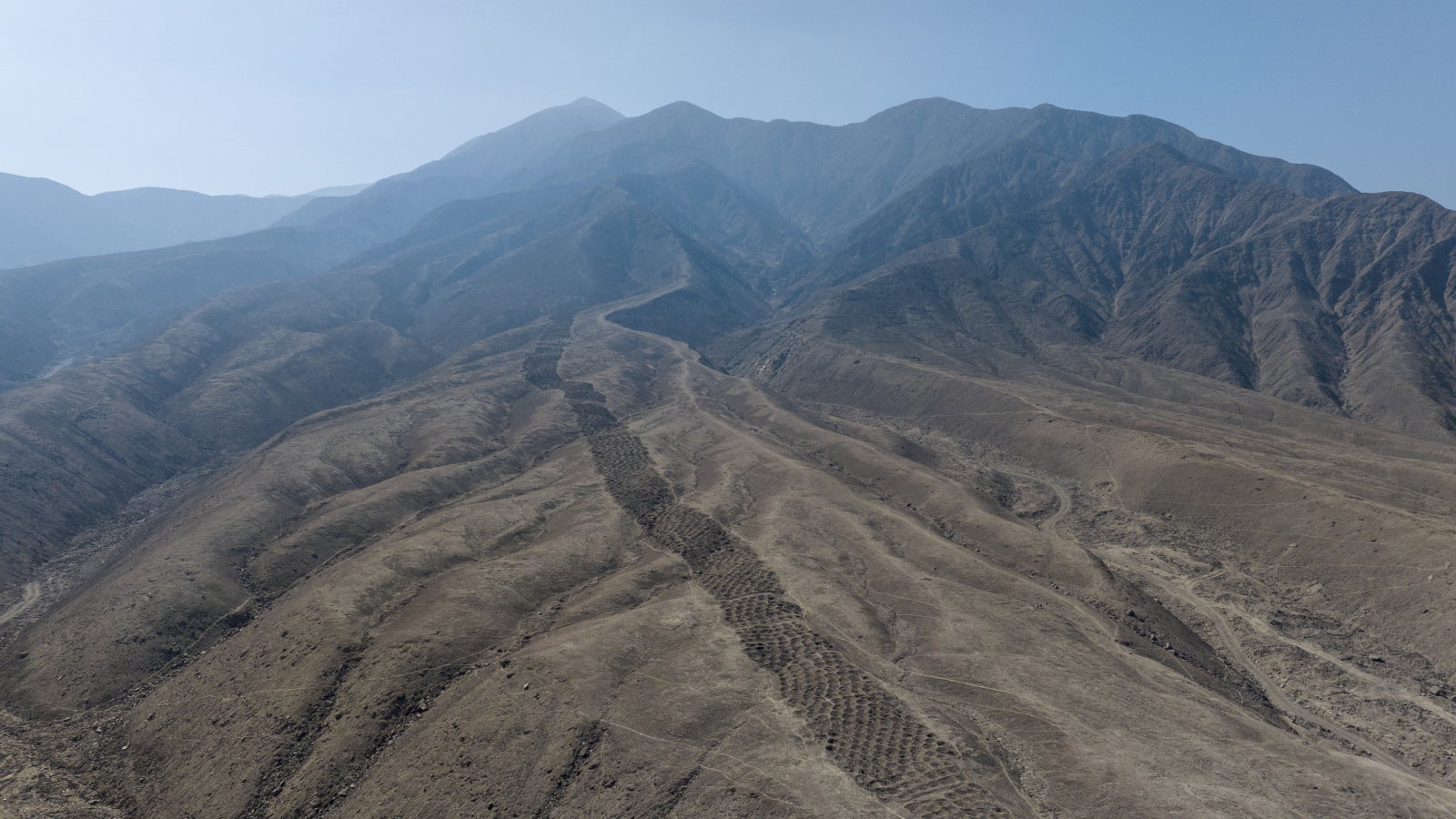
Scientists may finally have an explanation for the centuries-old 5,200 mystery holes in the Peruvian Andes
By Skyler Ware published
Drone footage and on-the-ground excavations high in the Andes are revealing what the Chincha Kingdom and Inca Empire may have used these holes for centuries ago.
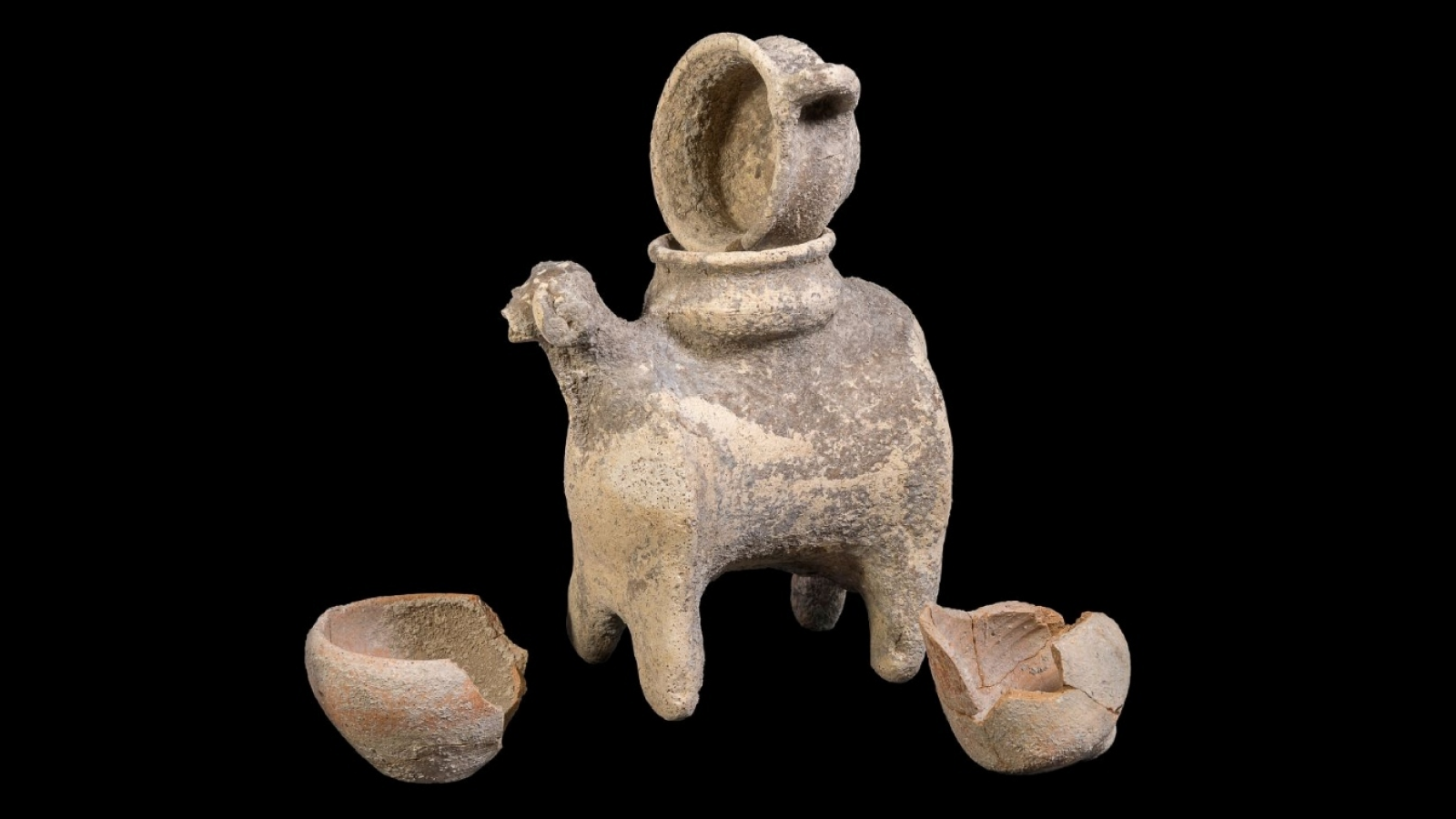
Ram-shaped teapot from ancient Canaanite cult discovered near ancient city of Armageddon
By Laura Geggel published
Archaeologists have discovered a ram-shaped tea pot and one of the oldest old wine presses in the world that date to the time of the Canaanites during the Bronze Age.
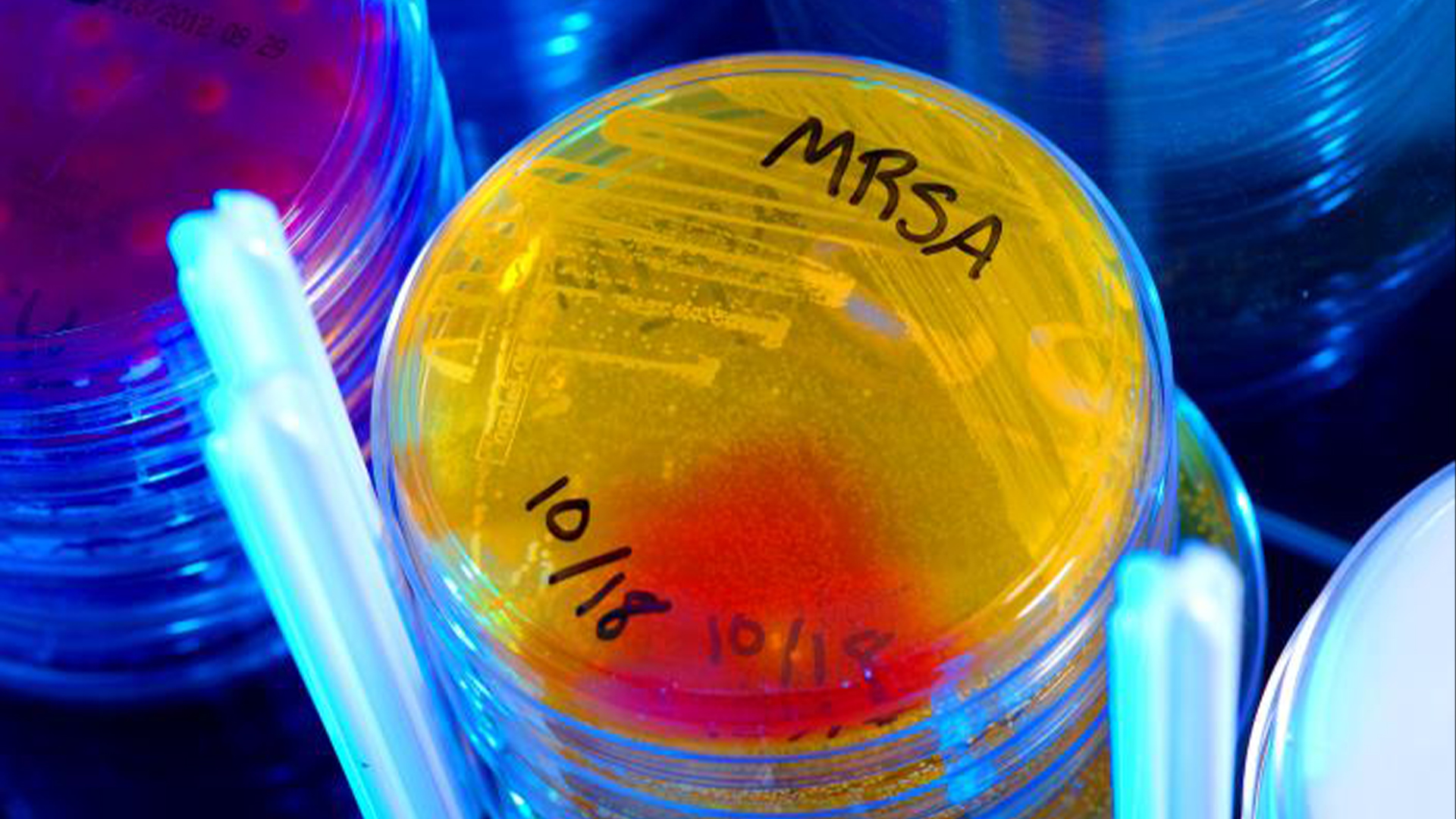
Newfound antibiotic shows '100 times' more potency against drug-resistant bacteria than its predecessor
By Victoria Atkinson published
Scientists have discovered a never-before-seen antibiotic that shows promising in treating drug-resistant infections.

NASA’s ultraquiet supersonic 'flying swordfish' makes history with first test flight
By Damien Pine published
NASA and Lockheed Martin’s X-59 "quiet" supersonic plane flew for the first time in October. It’s a major step towards reintroducing commercial supersonic flight in the United States.
Get the world’s most fascinating discoveries delivered straight to your inbox.

